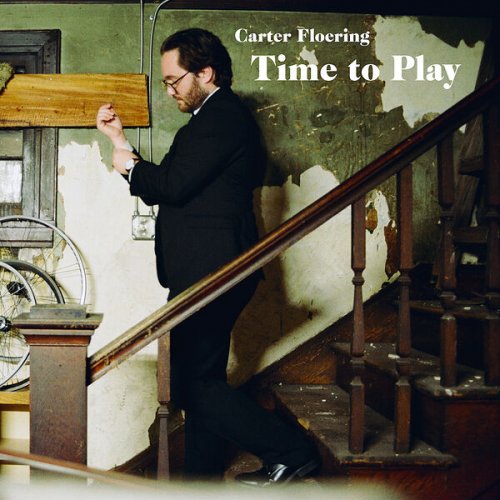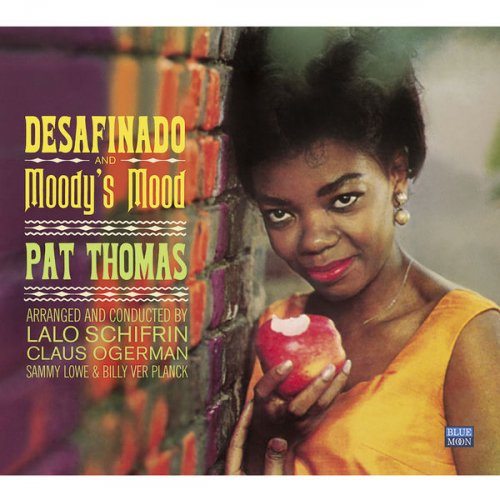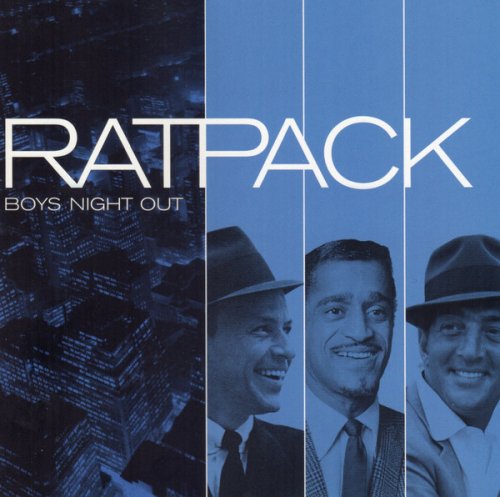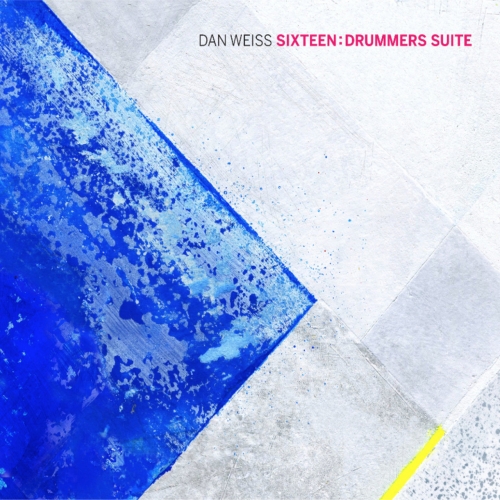Tonkünstler Orchester & Jun Markl - R. Strauss: Symphonische Dichtungen (2017) [Hi-Res]
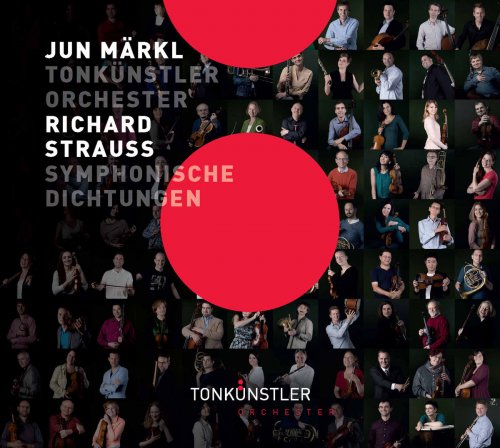
Artist: Tonkünstler Orchester, Jun Markl
Title: R. Strauss: Symphonische Dichtungen
Year Of Release: 2017
Label: Tonkunstler Orchestra
Genre: Classical
Quality: flac lossless / flac 24bits - 48.0kHz +Booklet
Total Time: 01:18:35
Total Size: 356 / 766 mb
WebSite: Album Preview
TracklistTitle: R. Strauss: Symphonische Dichtungen
Year Of Release: 2017
Label: Tonkunstler Orchestra
Genre: Classical
Quality: flac lossless / flac 24bits - 48.0kHz +Booklet
Total Time: 01:18:35
Total Size: 356 / 766 mb
WebSite: Album Preview
01. Don Juan, Op. 20, TrV 156
02. Der Bürger als Edelmann Suite, Op. 60, TrV 228c: I. Ouvertüre
03. Der Bürger als Edelmann Suite, Op. 60, TrV 228c: II. Menuett
04. Der Bürger als Edelmann Suite, Op. 60, TrV 228c: III. Der Fechtmeister
05. Der Bürger als Edelmann Suite, Op. 60, TrV 228c: IV. Auftritt und Tanz der Schneider
06. Der Bürger als Edelmann Suite, Op. 60, TrV 228c: V. Das Menuett des Lully
07. Der Bürger als Edelmann Suite, Op. 60, TrV 228c: VI. Courante
08. Der Bürger als Edelmann Suite, Op. 60, TrV 228c: VII. Auftritt des Cléonte
09. Der Bürger Als Edelmann Suite, Op. 60, Trv 228c: VIII. Vorspiel
10. Der Bürger als Edelmann Suite, Op. 60, TrV 228c: IX. Das Diner
11. Tod und Verklärung, Op. 24, TrV 158
![Tonkünstler Orchester & Jun Markl - R. Strauss: Symphonische Dichtungen (2017) [Hi-Res]](https://www.dibpic.com/uploads/posts/2022-04/1650522149_2.jpg)
In the spring of 1888, Richard Strauss began composing his third tone poem for large orchestra: «Don Juan». The score is headed with quotes from an incomplete poem of the same name by Nikolaus Lenaus, but the programmatic connection now seems much looser than was long believed. In June 1885 Strauss, with Hans von Bülow, had attended a performance of Paul Heyse’s drama «Don Juans Ende» («Don Juan’s End»). Was this another source of inspiration? Strauss would not conduct Mozart’s «Don Giovanni» until 1890, but he must have known the opera well. The figure of Don Juan, the great seducer who is simultaneously incapable of resisting any temptation and weary of life and who ultimately dies as a consequence, was in itself fascinating to the 24-year-old Strauss. With «Don Juan» he succeeded in creating his own drama in his own confident hand and the glowing colours of the large symphony orchestra. The piece was finished by the autumn, and although another year would pass until its premiere in Weimar on 11 November 1889, Strauss is believed to have left his score completely unaltered in that period.
![Luke Marantz, Simon Jermyn - Echoes (2026) [Hi-Res] Luke Marantz, Simon Jermyn - Echoes (2026) [Hi-Res]](https://www.dibpic.com/uploads/posts/2026-01/1767967002_a1295048848_16.jpg)

![Brad Walker - A Sliver of Catharsis (2026) [Hi-Res] Brad Walker - A Sliver of Catharsis (2026) [Hi-Res]](https://img.israbox.com/img/2026-01/08/1rzukcqhduoqecfh6xvr4z40m.jpg)

